Difficulties in land valuation have "dragged down" project progress.
According to a survey by the Ministry of Construction , more than 50% of real estate projects are facing difficulties, obstacles, and slow implementation due to the difficulty in determining land valuation methods to know the market price. In addition, there are difficulties related to legality, planning, investment, etc. In particular, the time to determine land use fees alone takes 1-2 years. These are the reasons why the supply in 2022 shows signs of a sharp decline compared to the same period last year.
It is worth mentioning that after many projects were inspected, the land valuation process in many projects was even slower than before. There were projects that were delayed for 2-3 years or even 10 years without determining the land price. In recent years, many investment projects were not approved due to these problems.
Many different opinions in determining land prices make it even more difficult to determine the “market” price. Meanwhile, projects are still waiting to pay money to the authorities to start handing over land. This land valuation is also an issue that many businesses and localities have complained about because it is “dragging” the progress of exploiting investment projects, especially real estate projects.
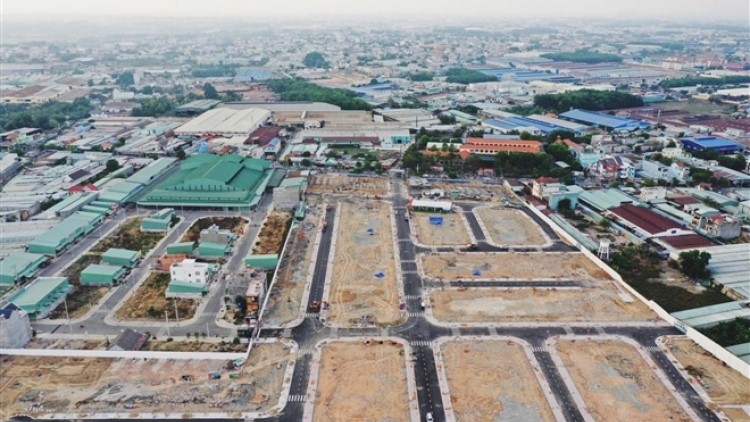
Delays in land valuation have caused many real estate investment projects to be delayed for many years.
The lack of consensus in views on land valuation is also reflected in many recent opinions, especially on the view of whether to abandon or retain the surplus method in land valuation when this method is no longer mentioned in the Draft Decree amending and supplementing Decree 44/2014/ND-CP regulating land prices.
Accordingly, many opinions believe that the direct comparison, deduction, and income methods are difficult to completely replace the surplus method, especially for real estate projects. Therefore, removing this method in the Draft may cause difficulties on top of difficulties related to valuation, leading to delays in project implementation. In addition, changing the valuation method further shows the instability of the policy, affecting investment projects that are being valued by the surplus method, thereby affecting the business results of enterprises.
Sharing this view, Mr. Le Hoang Chau - Chairman of the Ho Chi Minh City Real Estate Association said that Ho Chi Minh City has mainly applied the surplus method for the past 8 years to calculate land use fees and land rents for projects. 280/320 commercial housing projects and urban areas in the locality apply this method, accounting for 87.5%. Therefore, it is necessary to continue to retain the surplus method, combined with amending Circular 36/2014/TT-BTNMT detailing the land valuation method to guide the calculation of estimates of total costs and total assumed revenue of the project to be more and more accurate.
However, this expert said that applying the surplus method also creates some legal risks for civil servants and related people. For example, the problem of large errors because the surplus method is an estimate with the total investment cost and total revenue of the project are both assumed, while the most important basis is the input database is not accurate, not updated in real time... so the average price index has not been found.
For that reason, many opinions suggest that, instead of eliminating the surplus method, there should be measures to remove and improve the accuracy in information collection when using this method.
Why is the surplus method still slow today?
In response to the above opinions, at the recently held "Workshop on Appropriate Land Valuation to Unblock Projects", Mr. Dao Trung Chinh - Director of the Department of Planning and Land Resources Development, Ministry of Natural Resources and Environment , Head of the Editorial Team of the Land Law (amended) emphasized that the Draft Law does not say to abolish it, but for now, the surplus method will not be applied.

The removal of the surplus method from the new Draft has led to many disagreements.
According to the explanation, in Resolution 18-NQ/TW of the Central Committee on land use management, it is required that when determining land prices, it must be closely following the market. Meanwhile, the surplus method stipulates determining prices based on assumed costs and revenues. In the past, information about land prices on transfer contracts was lower than the actual price. If determined according to this price, it would ensure the valuer but would not accurately reflect the market.
In addition, the surplus method when implemented in practice has many hypothetical factors. If just one indicator is changed, the land price determined by the surplus method will be very wrong. Not to mention that with this method, if different people do it, different people collect information, different parameters will also give different prices.
In particular, Mr. Chinh also raised the issue: "Localities and investors are concerned that abandoning the surplus method will delay land valuation. The question is why is the surplus method still slow?"
According to him, the current market database is incomplete, not standardized, and does not accurately reflect market value, so in the immediate future, land valuation using the surplus method will not be applied. Therefore, in the Draft Land Law (amended), when valuing a plot of land, at least two methods will be used. In case these two methods have different values, the higher value will be used.
Current law stipulates 5 methods of land valuation, including direct comparison method; deduction method; income method; surplus method; adjustment coefficient method. The draft amendment to Decree No. 44/2014/ND-CP and Circular No. 36/2014/TT-BTNMT, which is being consulted by the Ministry of Natural Resources and Environment, only stipulates 3 methods: comparison method, income method, and land price adjustment coefficient method.
With this option, the Draft has received many opinions revolving around the current land valuation methods that the drafting agency proposed to amend, in which, the elimination of the surplus method is causing the most debate.
Source


![[Photo] Binh Trieu 1 Bridge has been completed, raised by 1.1m, and will open to traffic at the end of November.](https://vphoto.vietnam.vn/thumb/1200x675/vietnam/resource/IMAGE/2025/10/2/a6549e2a3b5848a1ba76a1ded6141fae)





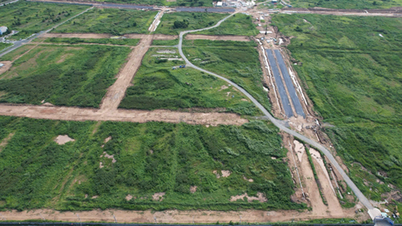



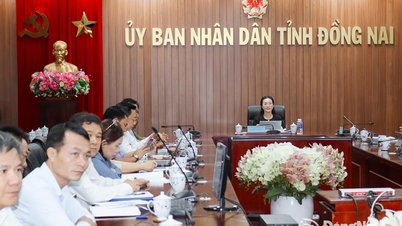



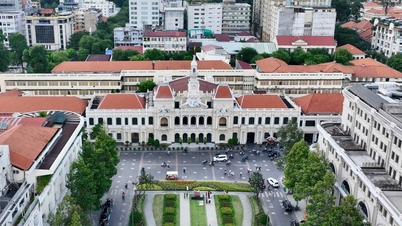



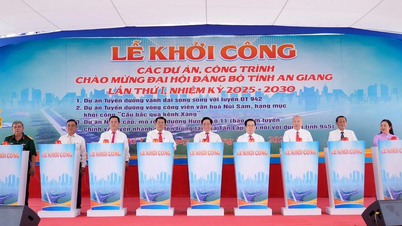

































































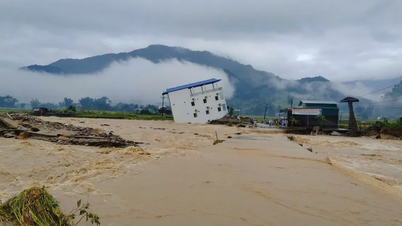
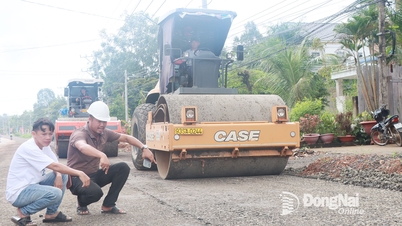
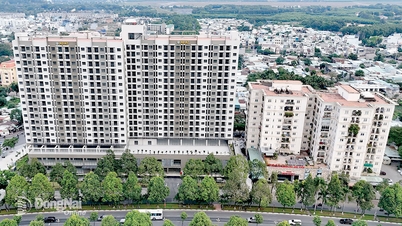
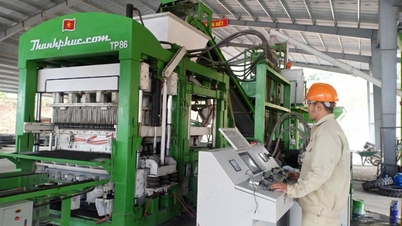













Comment (0)